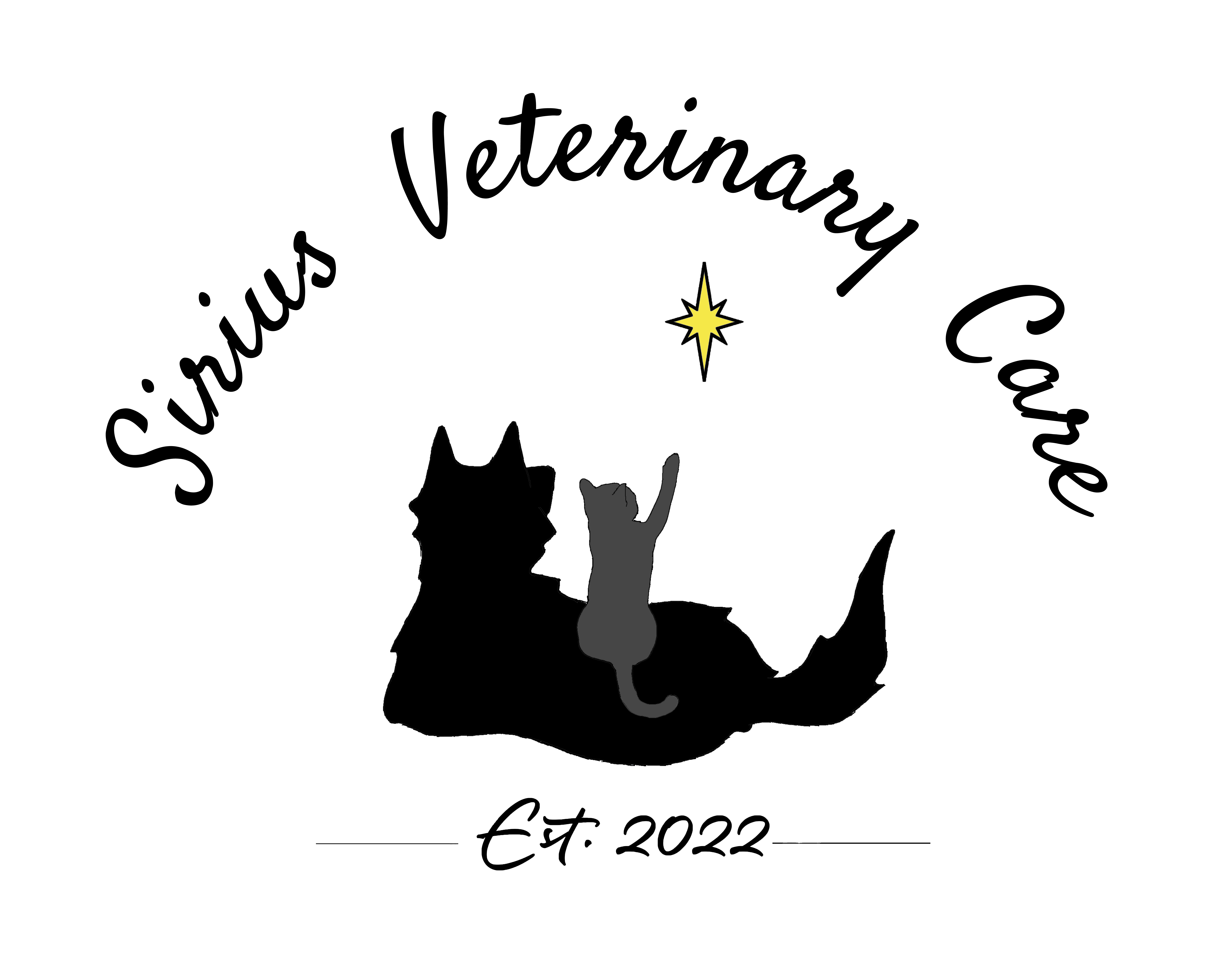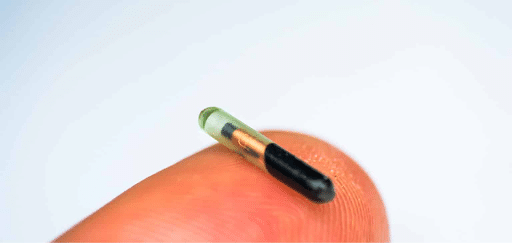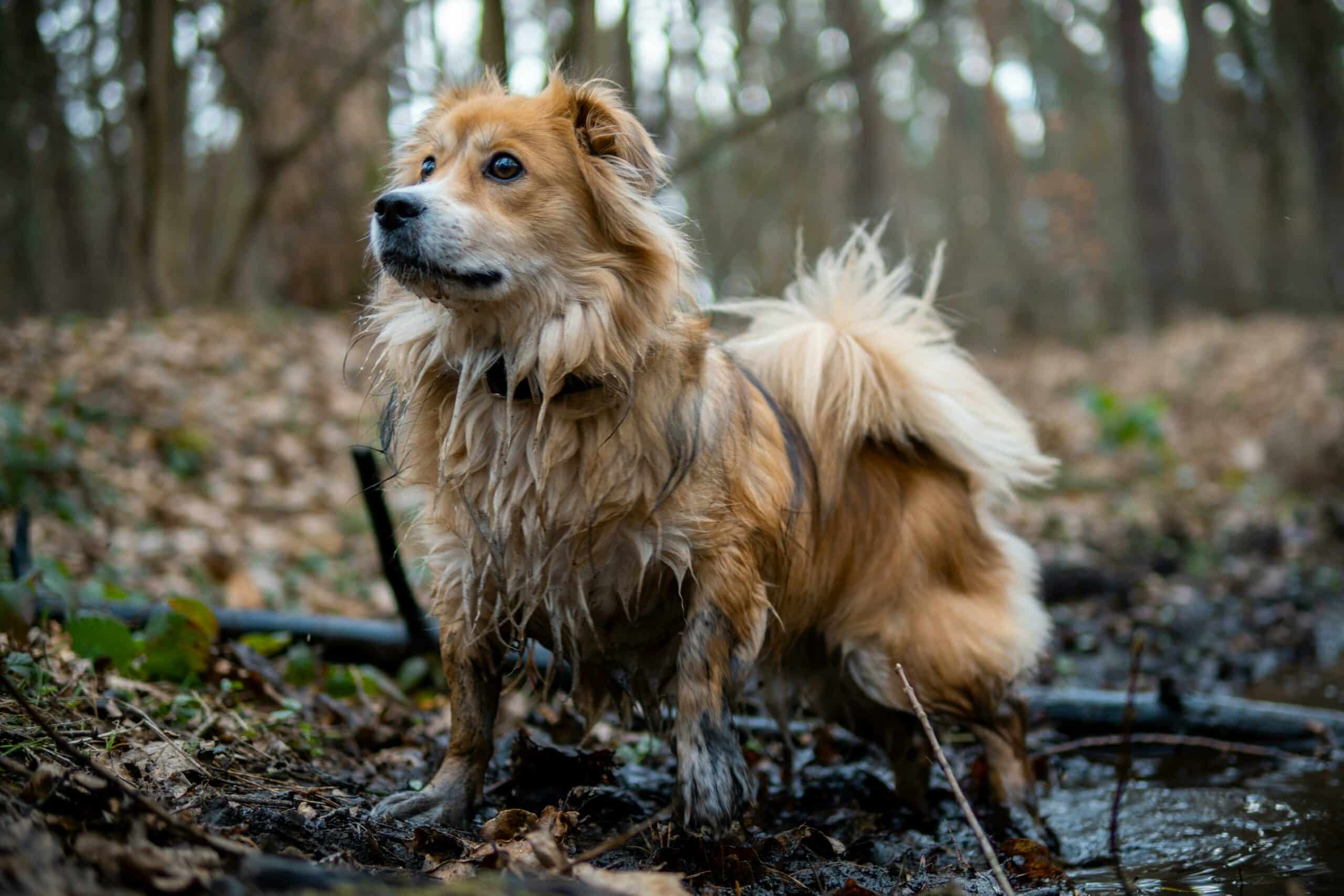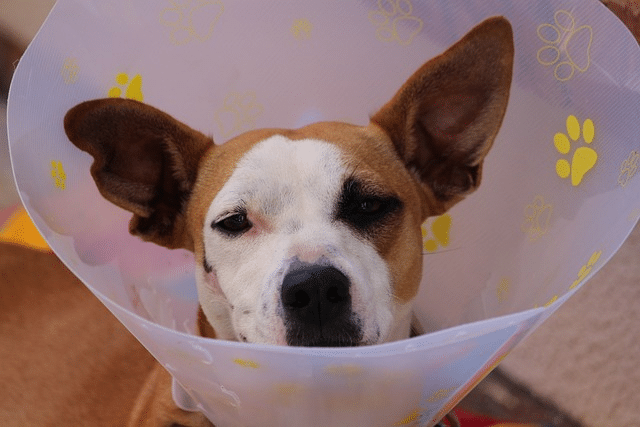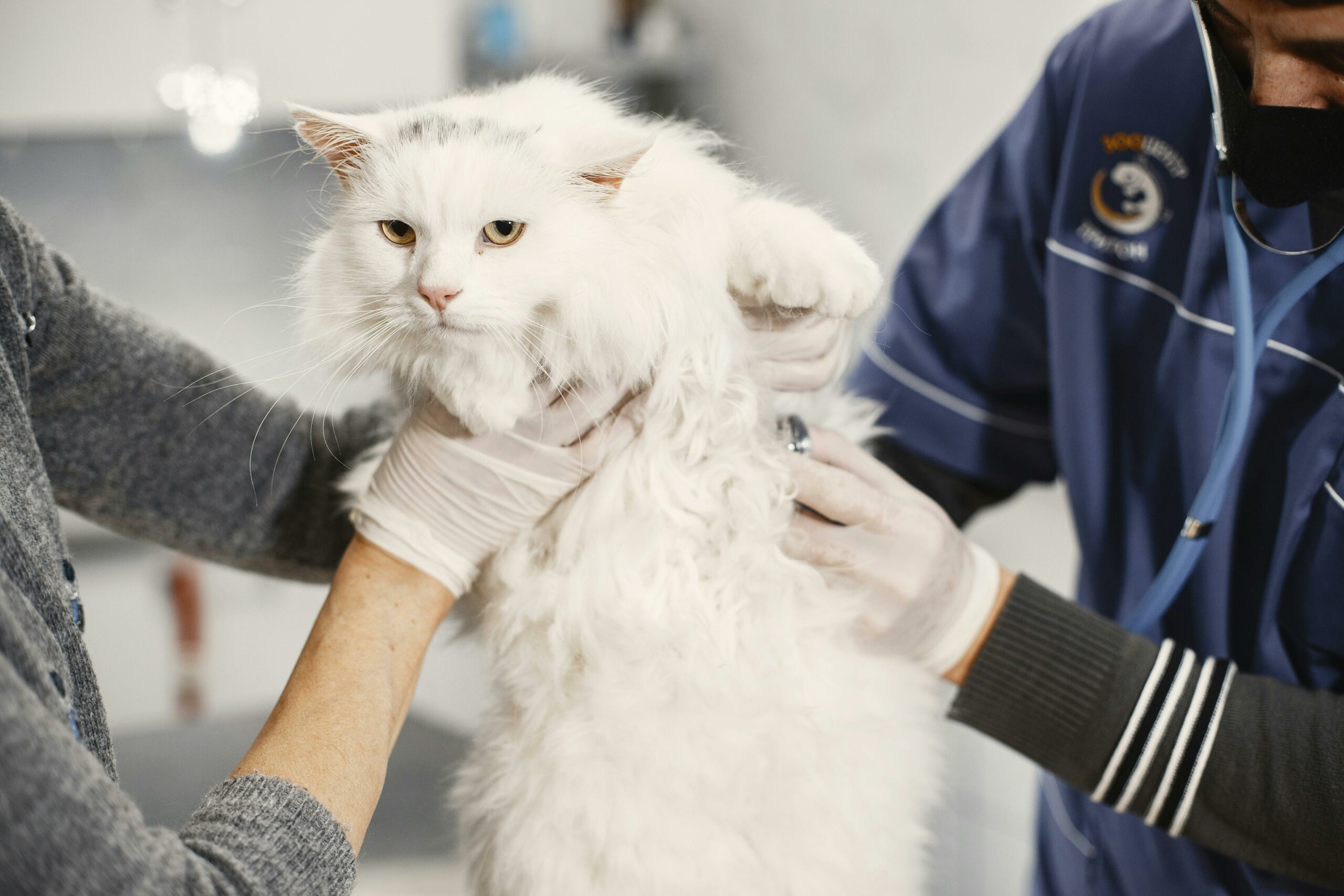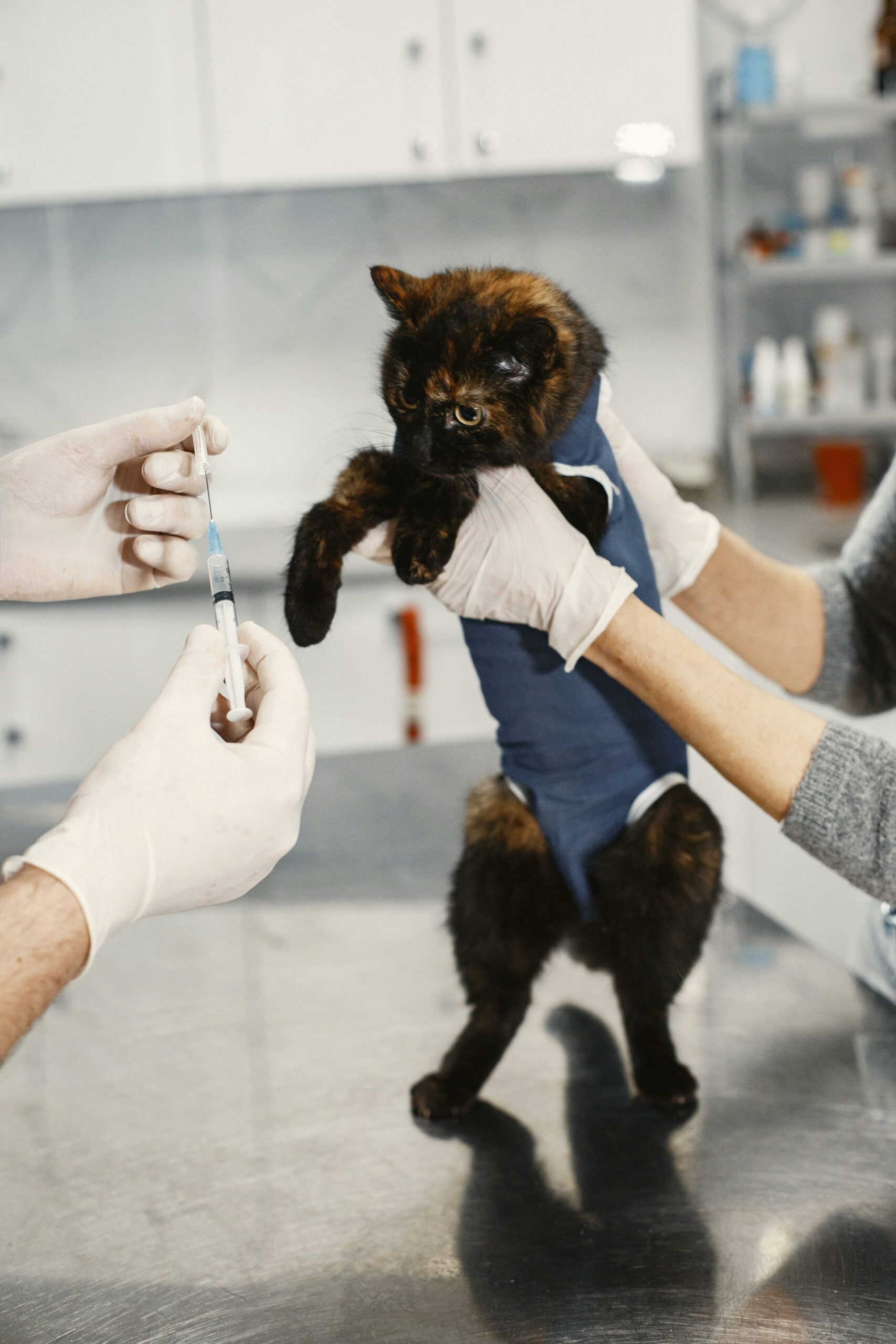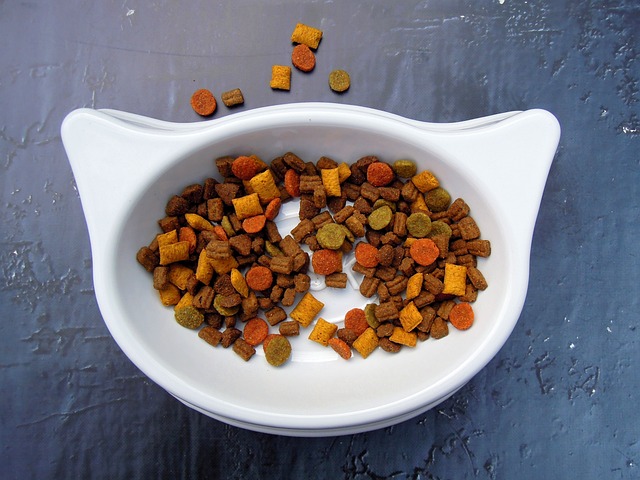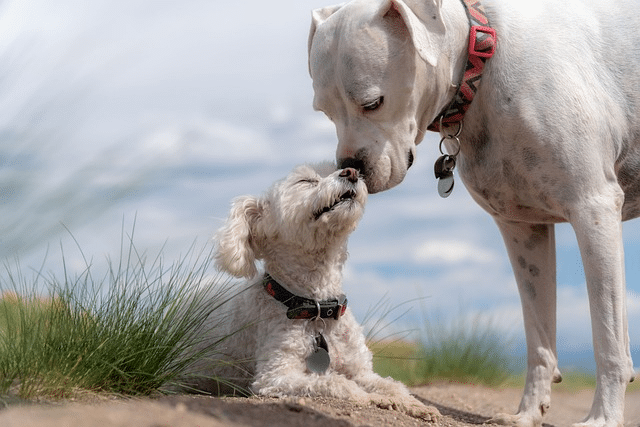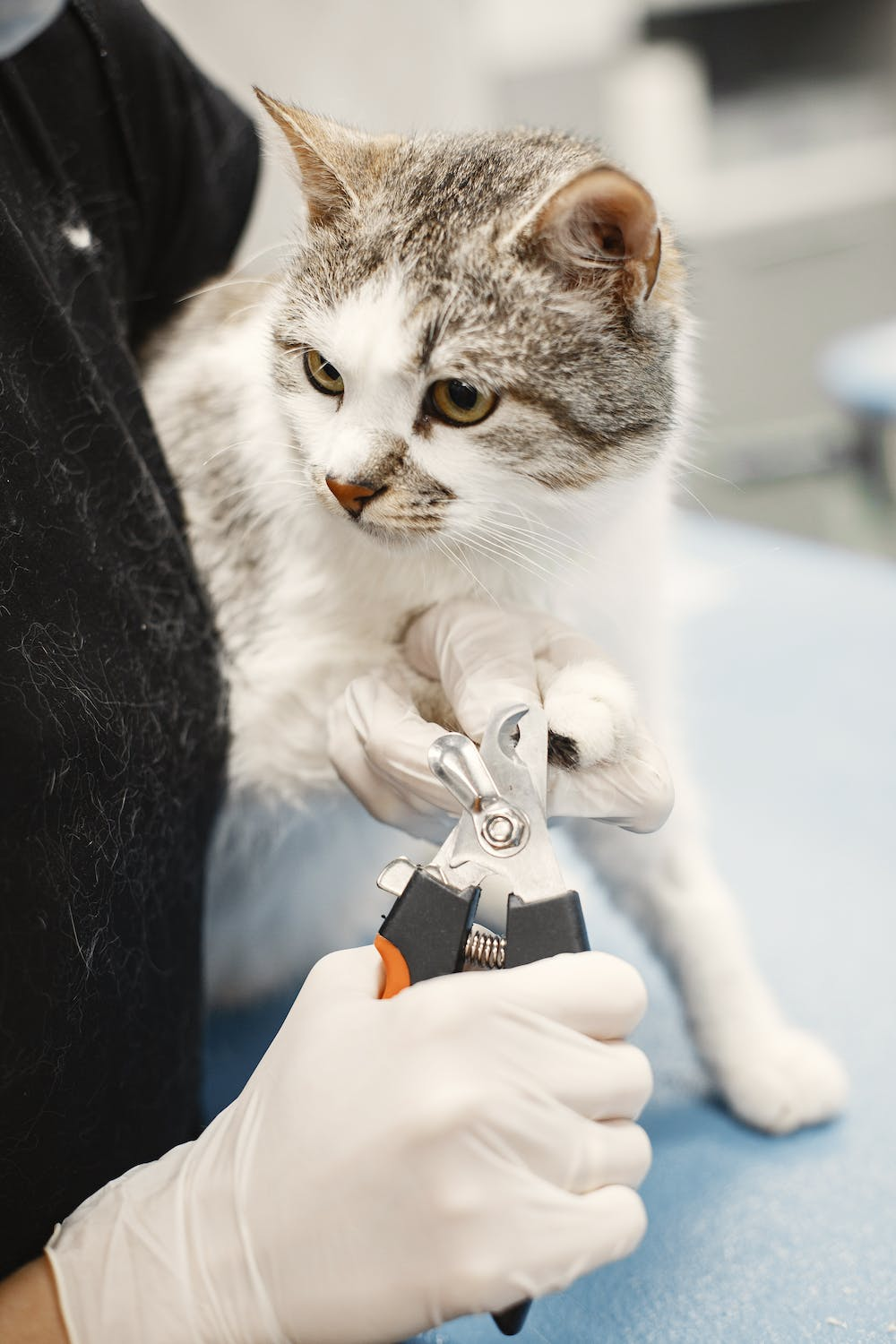As a dog owner, it’s important to keep your furry friend healthy and happy. Have you ever wondered how often should I take my dog to the vet? Regular trips to the vet are essential for this, but how often should you be taking them? This is a question that many pet owners ask and the answer will vary depending on your dog’s age, breed, and health condition. In this blog post, we will discuss the recommended frequency for dog visits, signs that your dog may need to see a vet sooner, and why regular check-ups are important.
The frequency of vet visits for dogs will depend on their age and overall health. Puppies need to be seen by a vet more frequently, usually every three to four weeks until they are about 16 weeks old. During this time, they will receive vaccinations and be monitored for any health issues. After the initial series of vaccinations is completed, healthy adult dogs generally only need to visit the vet once a year for annual wellness exams and vaccination update. However, senior dogs or those with pre-existing health conditions may require more frequent visits, anywhere from every three months to every six months.
Regular veterinary visits are important for all dogs, regardless of age or health condition. These check-ups give the vet the opportunity to examine your dog for any signs of illness or disease, as well as providing an opportunity for preventive care. During a check-up, the vet will perform a thorough physical exam, check for parasitic infections, and perform any necessary lab work or diagnostic tests, such as a blood test or urinalysis. From there you can schedule routine wellness exams. By frequent preventive care earlier catching any health issues early, treatments can be more effective, leading to better health outcomes for your dog.
In addition to regular check-ups, there are also signs that may indicate that your dog needs to see a vet sooner. Some of the most common signs include vomiting, diarrhea, decreased appetite, lethargy, coughing, or limping. These symptoms can be indicative of various health issues and should not be ignored. If your dog displays any of these symptoms or any other unusual behavior, don’t hesitate to call your vet and schedule an appointment.
Another important reason for regular vet visits is to discuss preventative care with your vet. This may include discussing a proper diet, exercise routine, and ways to prevent dental health issues such as dental cleanings or fluoride treatments. This can also be a great time to ask any questions you may have about your dog’s health, behavior, or training.
What to Expect at Puppy Checkups

Bringing home a new puppy is an exciting and joyous time. It can be easy to get caught up in the excitement and forget about the importance of regular veterinary checkups. Regular checkups are essential for keeping your puppy healthy and happy. Regular checkups can ensure that your puppy is up-to-date on all of their vaccinations and help identify any potential health problems early on. First, we will go over everything you need to know about puppy checkups at the vet.
When Should your Puppy Have their First Checkup?
Your puppy should have their first checkup at around 6 to 8 weeks of age. During this appointment, the vet will examine your puppy to ensure they are healthy and up-to-date on any necessary vaccinations. It’s also a great time to get your puppy accustomed to the vet’s office and establish a positive relationship.
What Can you Expect During a Puppy Checkup?
During a puppy checkup, the vet will examine your puppy from nose to tail. They will check your puppy’s eyes, ears, mouth, and teeth. They will also listen to your puppy’s heart and lungs and check their skin and fur. The vet will also perform fecal and urine tests and run any necessary blood tests. Additionally, your vet will discuss any questions or concerns you may have regarding your puppy’s health, behavior, or nutrition.
What Vaccinations Does your Puppy need?
Vaccinations are an important part of keeping your puppy healthy and happy. Your vet will recommend specific vaccinations based on your puppy’s age, breed, and lifestyle. Common vaccinations include Rabies, Distemper, Parvovirus, and Hepatitis. After your puppy has received their initial vaccines, they will need booster shots every year to maintain their immunity.
How Can you Prepare For your Puppy’s Checkup?
To ensure a smooth and stress-free checkup, there are a few things you can do to prepare. Firstly, bring any previous medical records, including vaccines, with you to the appointment. Secondly, bring a stool sample from your puppy so that the vet can perform a fecal exam. Lastly, bring any questions or concerns you may have and be prepared to discuss your puppy’s diet, behavior, and lifestyle with the vet.
Regular veterinary checkups are essential for keeping your puppy healthy and happy. Puppy checkups should start at around 6 to 8 weeks of age and should continue annually. Always remember to prepare for your puppy’s checkup by bringing records and any necessary samples, and don’t be afraid to ask your vet any questions you may have about training or behavioral issues.
What to Expect at Adult Dog Checkups

Taking your adult dog to the vet for routine checkups is an important part of caring for your furry friend’s health. Visiting the vet can be stressful for your dog, but it doesn’t have to be. Educating yourself on what to expect at these checkups can help you and your dog feel more comfortable and prepared for the visit. Secondly, we will discuss what to expect at adult dog checkups at the vet.
Physical Exam
The first thing the vet will do is examine your dog from head to tail. They will check your dog’s eyes, ears, nose, mouth, teeth, and gums, and look for any signs of illness, injury, or disease. They will also check your dog’s skin and coat, listen to their heart and lungs, and check their feet and nails. This is a standard part of an adult dog checkup, and it allows the vet to check for any abnormalities or potential health issues.
Vaccinations
Your dog may require vaccinations during their checkup. The vet will check your dog’s vaccination record and advise on which vaccinations your dog needs to stay healthy. Common vaccines for adult dogs include rabies, distemper, hepatitis, and parvovirus. If your dog is due for a vaccination, the vet will administer it during the visit.
Fecal Exam and Heartworm Testing
The vet may also recommend a fecal exam and a heartworm test during your dog’s checkup. A fecal exam checks for the presence of intestinal parasites, while the heartworm test checks for heartworm disease, a potentially fatal condition. These tests are important to catch any health issues early on, before they become severe.
Adult dog checkups at the vet are an essential part of maintaining your dog’s health and wellness. Routine checkups allow your vet to catch and warning signs. Catching underlying health conditions benefit not just your furry friend but your peace of mind. By educating yourself on what to expect at these checkups, you can help prepare yourself and your dog for a successful visit.
What to Expect at Senior Dog Checkups

As your furry friend starts to get older, their healthcare needs will inevitably change. From diet to exercise to veterinary care, aging dogs require specialized attention to keep them healthy and happy. Senior dog checkups at the vet are an essential part of keeping your pup in top shape. But what exactly can you expect from these veterinary visits? Finally we will break down everything you need to know about senior dog checkups at the vet.
Physical Examination
The first thing your veterinarian will do is perform a thorough physical examination of your senior dog. This may include checking their eyes, ears, mouth, teeth, and skin for any signs of infection or disease. Additionally, your vet will likely listen to your dog’s heart and lungs to check for any cardiovascular issues. Overall, this examination will give the vet a good baseline understanding of your dog’s health and any potential concerns to monitor.
Bloodwork
As your dog ages, it’s important to keep an eye on their internal health as well. Bloodwork can give your vet a better idea of your pet’s organ function, hormone levels, and overall health. Your vet may recommend routine bloodwork during senior checkups to detect any underlying or developing health issues or concerns that may not be visible on the outside.
Urinalysis
Similarly, a urinalysis can give your vet more insight into your dog’s internal health. The test can detect early signs of kidney disease, diabetes, urinary tract infections, and other conditions. Your vet may ask for a urine sample during your pup’s checkup, which they will analyze for any abnormalities.
Vaccine updates
As dogs age, the frequency of certain vaccinations may decrease. At your senior dog’s checkup, your vet will review which vaccines your dog has already received and recommend any necessary updates. Depending on your dog’s age and health, some vaccines may be less necessary or even unnecessary altogether.
In conclusion, regular vet visits for all ages of dogs are essential for their well-being and overall health. The frequency of visits will vary depending on your dog’s age and health condition. It’s important not to ignore any signs or symptoms of illness and to schedule an appointment with your vet if you have any concerns. Pet care can be costly, but there are options if you’re on a budget, such as pet health insurance and monthly plans at specific vets for routine checkups. Lastly, preventative care can go a long way towards keeping your furry friend happy and healthy, so don’t hesitate to discuss this with your vet during your next visit.
If you need a vet to establish your puppy with, Sirius Veterinary Care is the vet for you. We treat your fur family like our own. Servicing from puppy to senior ages and everything in between, you can count on us to give you a peace of mind and your dog a healthy life.
